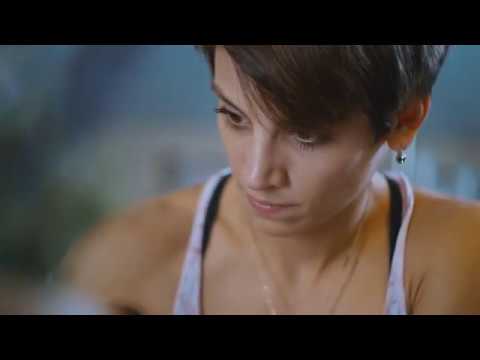overedge
Mayor of Carrot City
- Messages
- 37,816
A troubling number of Canadian Olympians are bingeing, purging and starving themselves. Inside the eating-disorder problem in elite amateur sports
Researchers say eating disorders are an underdiagnosed problem among athletes. The Globe and Mail examines its root causes - from a fear of failure, to questionable coaching methods, to a toxic culture that enables it
This is an excellent article, even if it does identify Skate Canada as "Figure Skating Canada". Some of the most interesting quotes from the section on skating, which includes a long interview with Kirsten Moore-Towers.
At 15, Kirsten Moore-Towers was told that if she was serious about figure skating, she needed to be small. At 4-foot-11, she was already petite, so she knew what that advice meant. But whenever the pairs skater dropped a few pounds, she was told to keep going. “You don’t look Russian yet,” her coach told her, comparing Moore-Towers with the competition. “Your work isn’t done.”
But how much weight was she supposed to lose exactly? “It was never really made clear,” she said. “That’s a common theme in figure skating in particular, just based off my experience. It’s often that the athlete needs to lose weight, but there’s not always a reason why.”
The Globe sent questions to the International Skating Union, the sport’s governing body, asking what rules govern judges talking to athletes about their weight. The ISU did not respond.
Some steps have been taken, but the sport has a long way to go. Figure Skating Canada this year created body-image guidelines for coaches. The Globe reviewed those guidelines, which state that athletes should not be weighed by coaches, only medical personnel, though Moore-Towers suspects it still happens at clubs across the country.
The story also says that the Canadian Olympic Committee's funding program for senior national team athletes allocates $1,000 per year for mental health support, including for disordered eating. FWIW a friend of mine recently looked into residental programs for young people with severe anorexia, and those start at $20,000 per week.
Last edited:




